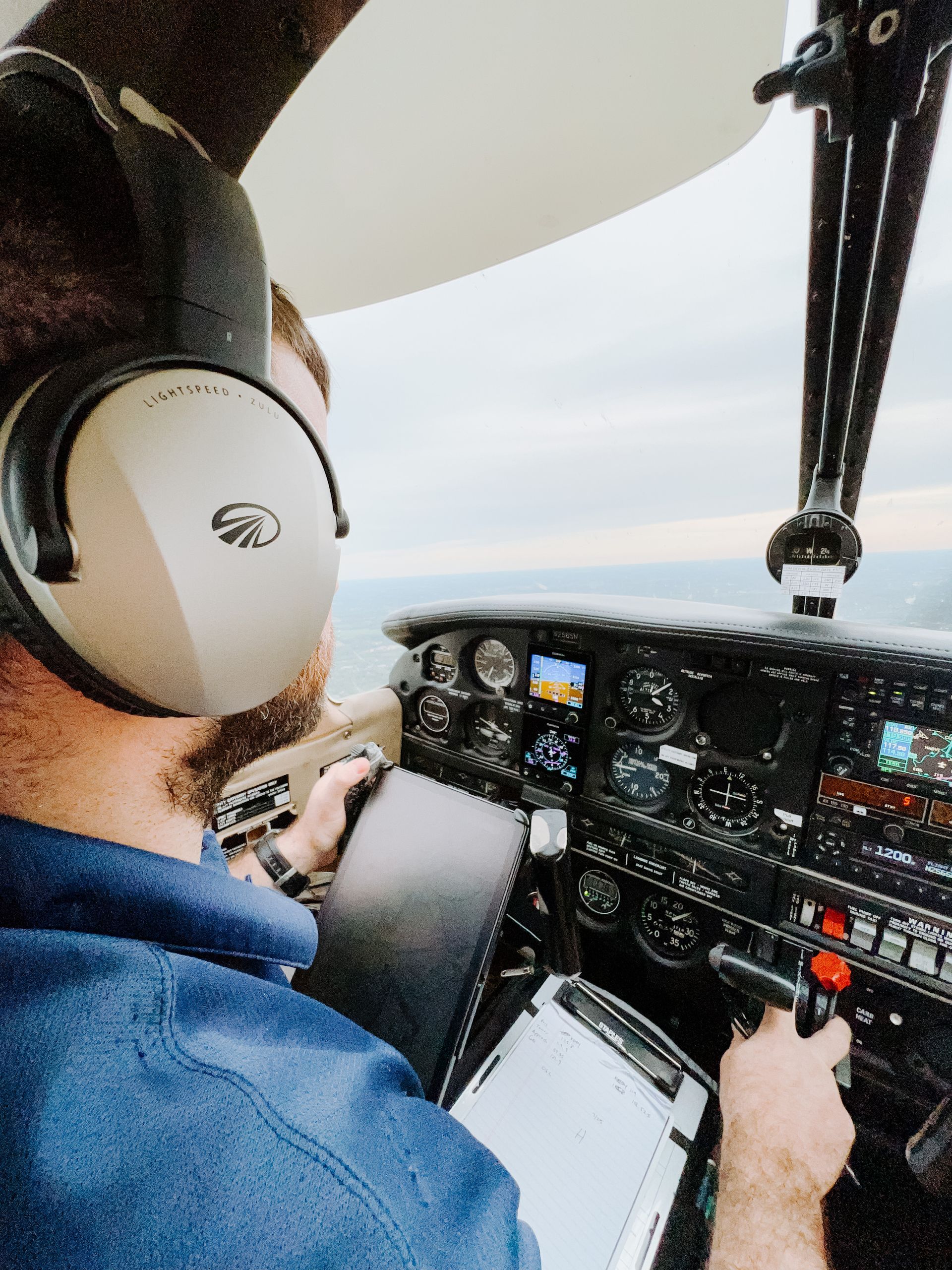Top Reasons for Becoming a Flight Instructor
Teaching others to fly can be very rewarding!

Earning your CPL (Commercial Pilot's License) is a remarkable achievement and a pivotal step in an aviation career. Many pilots at this juncture contemplate the prospect of becoming a Flight Instructor. Here are compelling reasons why stepping into the instructor's cockpit is a wise and rewarding move:
1. Consolidate Flying Skills: Teaching others reinforces one’s own understanding and proficiency. Instructing student pilots allows you to revisit fundamental flying principles and maneuvers, keeping your skills sharp and continuously improving.
2. Build Flight Hours: For those aspiring to join an airline, accumulating flight hours is a prerequisite. Becoming a flight instructor is an efficient avenue to amass those hours while getting paid, rather than incurring additional costs for extra flight time.
3. Expand Employment Opportunities: An Instructor Rating enhances employability within the industry. It broadens the scope of potential aviation roles, as flight instructors are consistently in demand due to the constant influx of individuals wanting to learn to fly, and the need to train new pilots on different types of aeroplanes in airlines and other commercial operations.
4. Personal Satisfaction: There’s a unique sense of fulfillment that comes from mentoring aspiring pilots. Witnessing your students’ progress and success is immensely gratifying and makes a lasting impact on their lives and careers.
5. Networking and Community: Working as a flight instructor naturally leads to connections with industry professionals, aviation businesses, and fellow pilots. This network can be instrumental in securing future opportunities, such as positions with commercial airlines or corporate flight departments.
6. Develop Soft Skills: Good flight instructors hone their communication, leadership, and decision-making abilities. These soft skills are not only vital for effective teaching but also for any aviation role, particularly in command positions or when dealing with unexpected in-flight situations.
7. Flexible Career Path: Some pilots choose instructing as a lifelong vocation, while others view it as a step toward bigger aviation pursuits. Regardless of the path, being an instructor offers a degree of flexibility, enabling you to align your career with personal goals and lifestyle.
8. Introduction to a Variety of Aircraft: Flight instruction often means flying a diverse fleet. Instructors gain experience in various aircraft types, which is invaluable for pilots looking to expand their aviation repertoire and versatility.
9. Immediate Employment Post-Certification: Unlike other aviation jobs that may require a substantial amount of logged hours, a Flight Instructor can often find teaching positions soon after certification, making it an accessible entry-level job in the aviation market.
10. Enrich Aviation Knowledge: Instructors constantly learn. From new teaching methods to advances in aviation technology, Flight Instructors are at the forefront of education, ensuring they stay updated on the latest industry trends and regulatory changes.
Embracing the role of a flight instructor after achieving a CPL not only benefits your flying career by opening new doors and expanding your capabilities but also enriches you personally, professionally, and financially. This journey fosters growth as a pilot and as an individual, while setting a strong foundation for all your future aviation endeavors.










